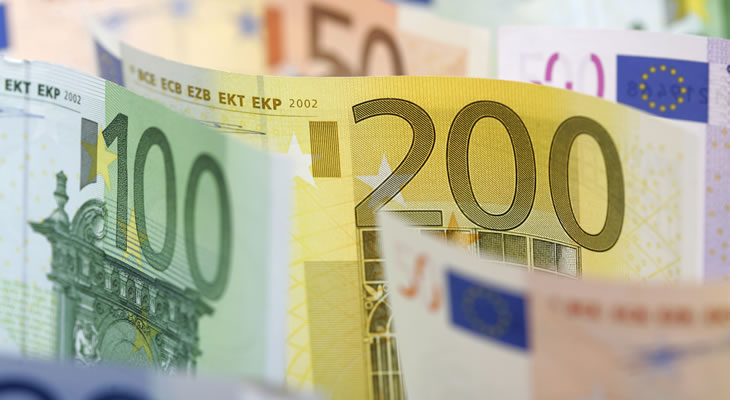Pound Sterling Euro (GBP/EUR) Exchange Rate Supported by Weaker Eurozone Trade Balance
As the Eurozone trade surplus unexpectedly narrowed in May this helped to keep the Pound Sterling to Euro (GBP/EUR) exchange rate on a steady footing at the start of the week.
Export volumes dipped in response to rising global trade worries, prompting the currency union’s trade surplus to narrow from 16.7 billion to 16.5 billion.
However, the details of the data revealed that the Eurozone’s surplus with the US widened in spite of the overall decline in exports.
This is likely to attract more belligerence from the Trump administration, which had already labelled the EU as a ‘foe’.
Even so, the potential threat of further trade tariffs was not enough to drive the Euro (EUR) significantly lower on Monday morning.
Brexit Uncertainty Limits GBP/EUR Exchange Rate Upside
With markets bracing for further Brexit developments the Pound Sterling to Euro (GBP/EUR) exchange rate struggled to find particular traction.
A significant degree of uncertainty still hangs over the matter of Brexit as Conservative MPs continue to push back against the plan set out in the government’s recent white paper.
Fresh votes on Brexit trade and customs bills in parliament could provoke additional volatility for Pound Sterling (GBP).
As analysts at TD Securities commented:
‘Proposed amendments to the bills cover a wide range of outcomes, coming from both hard Brexiters (trying to undo the Chequers white paper) and Remainers (trying to bind the UK to an EU customs deal), many of whom are within the Conservatives own benches. Some of these votes could go right down to the wire in as dramatic a fashion as the EU (Withdrawal) Bill votes last month.’
Any signs of a leadership challenge against Theresa May could see the GBP/EUR exchange rate slump sharply in the days ahead.
Pound Sterling Euro (GBP/EUR) Exchange Rate Boost Forecast on Higher UK Inflation
The Pound Sterling to Euro (GBP/EUR) exchange rate may well find support on the back of June’s UK consumer price index data, however.
Forecasts suggest that inflationary pressure mounted further in June, with the headline index expected to pick up from 2.4% to 2.5% on the year.
A stronger showing here would give the Bank of England (BoE) further incentive to raise interest rates at its August policy meeting.
Rising inflationary pressure could encourage the more dovish members of the Monetary Policy Committee (MPC) to lean towards a rate hike.
Investors may also take confidence from a steady average weekly earnings figure, even if inflation shows signs of overtaking wage growth once again.
Another solid UK retail sales figure may offer the Pound Sterling to Euro (GBP/EUR) exchange rate a boost, providing that consumers continued to demonstrate confidence.


Comments are closed.